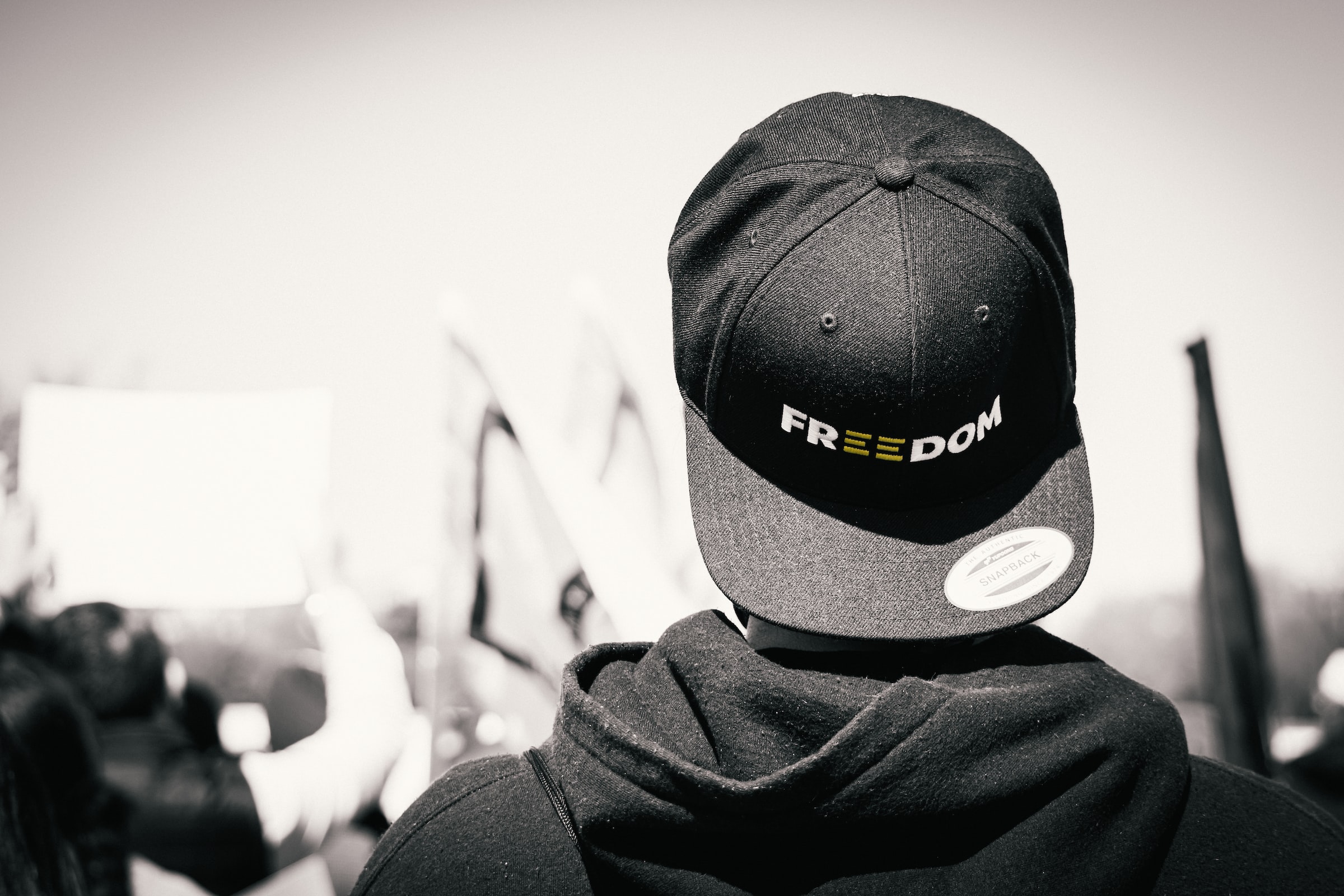As humans, we have a fundamental need to express ourselves and communicate our thoughts and ideas. Free speech is the cornerstone of democracy, enabling us to share our opinions without fear of censorship or persecution. It allows us to challenge authority, spark debates, and bring about change in society. In today’s world, social media has become the bacon of free speech. Social media apps like WolrdNoor and KalamTime allow us to share our voice with the world.
But why exactly is free speech so vital? In this blog post, we’ll explore the importance of free speech and how it impacts every aspect of our lives. So sit back, relax, and let’s dive into this crucial topic!
What is free speech?
Free speech is the right to express one’s opinions and ideas without fear of government repression or censorship. This right is essential to a free society, as it allows for the open exchange of ideas and the marketplace of ideas.
Without free speech, citizens would be unable to criticize their government or hold it accountable. Additionally, free speech is essential for a thriving democracy, as it allows for an open exchange of ideas and debate on issues. Furthermore, free speech is a fundamental human right that should be defended.
The importance of free speech
In a world where the powerful can easily silence the powerless, free speech is more important than ever. It is the cornerstone of democracy and allows for the open exchange of ideas and opinions.
Without free speech, people would be unable to speak out against injustice or challenge those in power. It is essential for a thriving society. Free speech also allows for creativity and self-expression. It is a fundamental human right that should be protected.
The History of Free Speech
Many people take free speech for granted, but it is a fundamental right that has been hard-won throughout history. The right to free speech is enshrined in the First Amendment to the United States Constitution and has been upheld by the Supreme Court as a cornerstone of American democracy.
Free speech is not absolute, however. There are certain types of speech, such as hate speech or defamation, that can be restricted by law. But in general, the government cannot censor what people say or write.
The history of free speech is long and complex, dating back to ancient Greece and Rome. In the 17th century, English philosopher John Locke wrote that freedom of conscience was essential for a healthy society. The 18th century saw the rise of Enlightenment thought, which emphasized reason and individual rights over tradition and authority. This led to the adoption of constitutional democracies around the world, which have generally respected free speech as a fundamental right.
There have always been those who seek to silence dissenters and suppress unpopular ideas. But throughout history, there have also been brave individuals who have fought for the right to speak freely. In doing so, they have helped make our world a more open and tolerant place.
The Different Types of Free Speech
There are many different types of free speech, each with its own importance. Here are a few examples:
• Political speech is important for a democratic society, as it allows for open discussion and debate on the issues of the day. This type of speech is often restricted in dictatorships and authoritarian regimes.
• Religious speech is important for religious freedom and tolerance. It allows people to express their beliefs openly without fear of persecution.
• Academic speech is important for the advancement of knowledge and the free exchange of ideas. It allows scholars to debate and discuss controversial topics without fear of reprisal freely.
• Commercial speech is important for the free market economy. It allows businesses to advertise and promote their products and services without government restrictions.
• Artistic speech is important for expression and creativity. It allows artists to express themselves freely without censorship or constraints.
How to Protect your Free Speech Rights
In order to protect your free speech rights, you should familiarize yourself with the applicable laws in your jurisdiction. For instance, in the United States, the First Amendment to the Constitution protects an individual’s right to freedom of expression. In other countries, there may be different or additional protections for free speech.
Assuming you are lawfully exercising your right to free speech, there are still ways to get in trouble. For example, if you make a statement that is false and defamatory, you can be sued for libel or slander. If you make a threat of violence or engage in harassment, you can be charged with a crime. And if you incite a riot or engage in other disorderly conduct, you can be arrested and fined.
Of course, even if you don’t break any laws, your employer or school may impose its own rules on speech and behavior. So it’s always a good idea to check before speaking or writing something that could get you into hot water.
Conclusion
In conclusion, it is clear that free speech is an essential component of democracy and an important human right. Free expression allows people to share their ideas, challenge existing social norms and participate in debates about important issues. Without the ability to freely express ourselves, we would be unable to form opinions or make decisions based on our own beliefs and experiences. By defending our freedom of expression, we are also protecting the freedoms of others so that everyone can have a voice in society.

